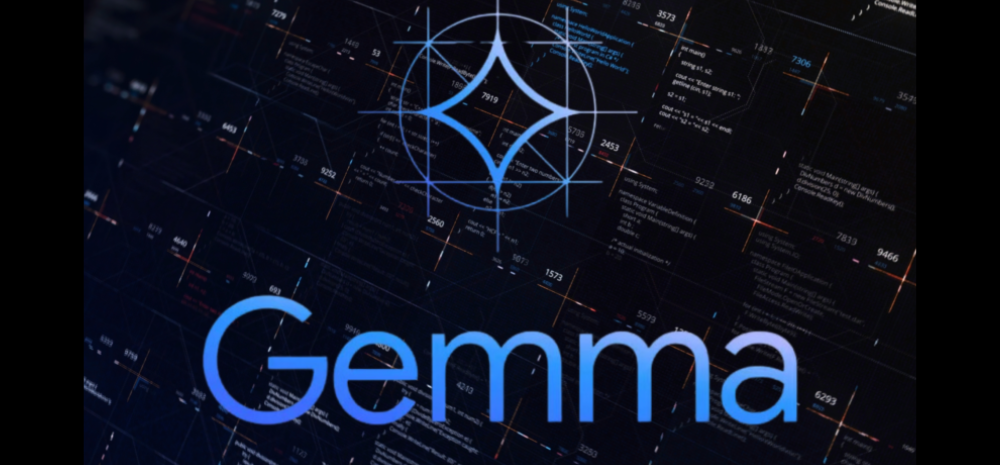Google has released new AI software models dubbed Gemma that developers can access to build customized solutions, sans usage restrictions. Gemma comprises two models with up to 7 billion parameters tuned for regular laptops. The move follows Meta open-sourcing parts of its AI.

Gemma Targets Wider Community Innovation
By making technical architecture details of Gemma models publicly available and inviting external usage minus significant restraints, Google hopes to spur AI innovation by attracting participation from a global developer community.
Gemma aims democratizing access so more entities can leverage AI advancements happening in big tech through customization – while also directing cloud revenue to Google. However, Gemma isn’t fully open source, meaning Google retains some controls.
Optimized for Google Cloud The two Gemma models launched focus on parameters sized at 2 billion and 7 billion – significantly smaller than Google’s top-tier Gemini models or 175 billion parameters GPT-3. But Gemma’s laptop-friendly optimization helps bypass advanced computing needs.
First-time Google Cloud customers even get $300 credits for easily deploying Gemma, underlining commercial considerations despite larger openness aims. The firm is also ensuring smooth cross-platform functioning.
Spur Responsible AI Innovation While risks exist around AI misuse at scale, experts argue that gradual openness allows more voices to shape technology responsibility. Democratization also accelerates breakthroughs otherwise confined to cash-rich Big Tech walls.
Under scrutiny over ethics and job loss fears, Google’s selective open approach does balance public good with shareholder interest. Nonetheless, it encourages more participation in AI – for now around assistance rather than autonomy.
Data and Controls Still Rest with Google
However, despite opening Gemma for public tinkering, the valuable data and controls governing AI’s “brains” firmly stay with Google. And monetization seems inevitable. Openness to spur innovation hence remains bounded, reminiscent of tech history.




















